Over the years there has been a gradual shift in which cars North Americans prefer. At one time most Americans wouldn’t be caught dead behind the wheel of anything which wasn’t built in their homeland, but they gradually began scooping up European and Asian cars in the 70s and 80s and ever since there has been debate over which country makes the highest quality, best and most reliable automobiles.
Ford says Millenials and Gen-Y’ers are now “bucking the trend,” of preferring European and Asian cars over American ones. According to recent polls conducted by the automaker, 72 percent of Millenials “do not feel loyalty to the automobile brands their parents preferred,” with 91 percent trusting the quality of American cars “to be equal or better than products made elsewhere.” Additionally, 74 percent Gen-Y’ers believes it’s “important to buy products made in America.”
More surprisingly, 45 percent of those polled say American cars are better than European ones. A still significant 33 percent believe European cars are the best, while 22 percent prefer Asian vehicles. Ford itself also ranks No. 2 in delivering the highest quality vehicles according to polling.
“Globalization and evolving approaches to parenting are triggering significant shifts in both the attitudes and behaviors of young consumers,” said Ford global consumer trend and futuring manager Sheryl Connelly. “Not only are Millennials more aware of how and where products are made, but parents are empowering them to take greater ownership over purchasing decisions. Both trends are yielding a generation of consumers that thinks much more critically about the source, quality and performance of the cars they drive.”
The main reason for the shift is access to information. About 38 percent of Millenials value online reviews when car shopping and another 27 percent will turn to third-party quality rankings such as Consumer Reports or J.D. Power for info. Their parents’ opinion on the car or loyalty to one brand is more likely to take a back seat to real-world info such as cost of ownership and fuel mileage, which is all readily available online.
Because of these buying trends, automakers are forced to improve the quality of their cars if they wish to appeal to Millenials and other younger generations, who may be more well-researched and base their purchase off of real-world info. Ford says it is “focused on improving interior quality and connectivity by merging functionality and comfort,” to appeal to such consumers.

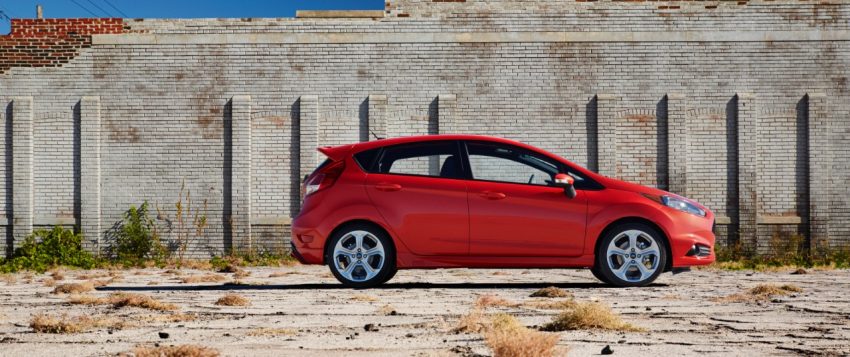
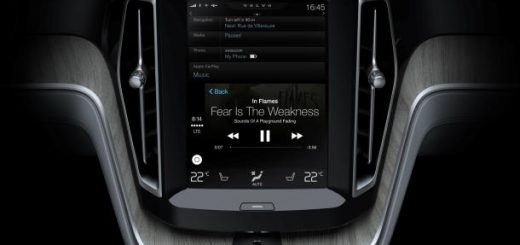


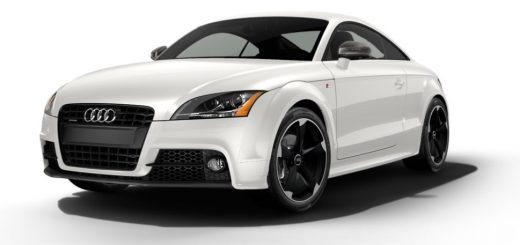

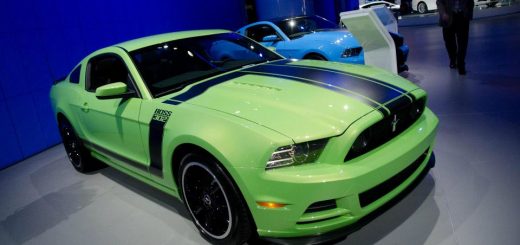

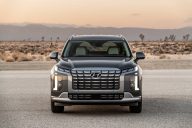




No Comments yet